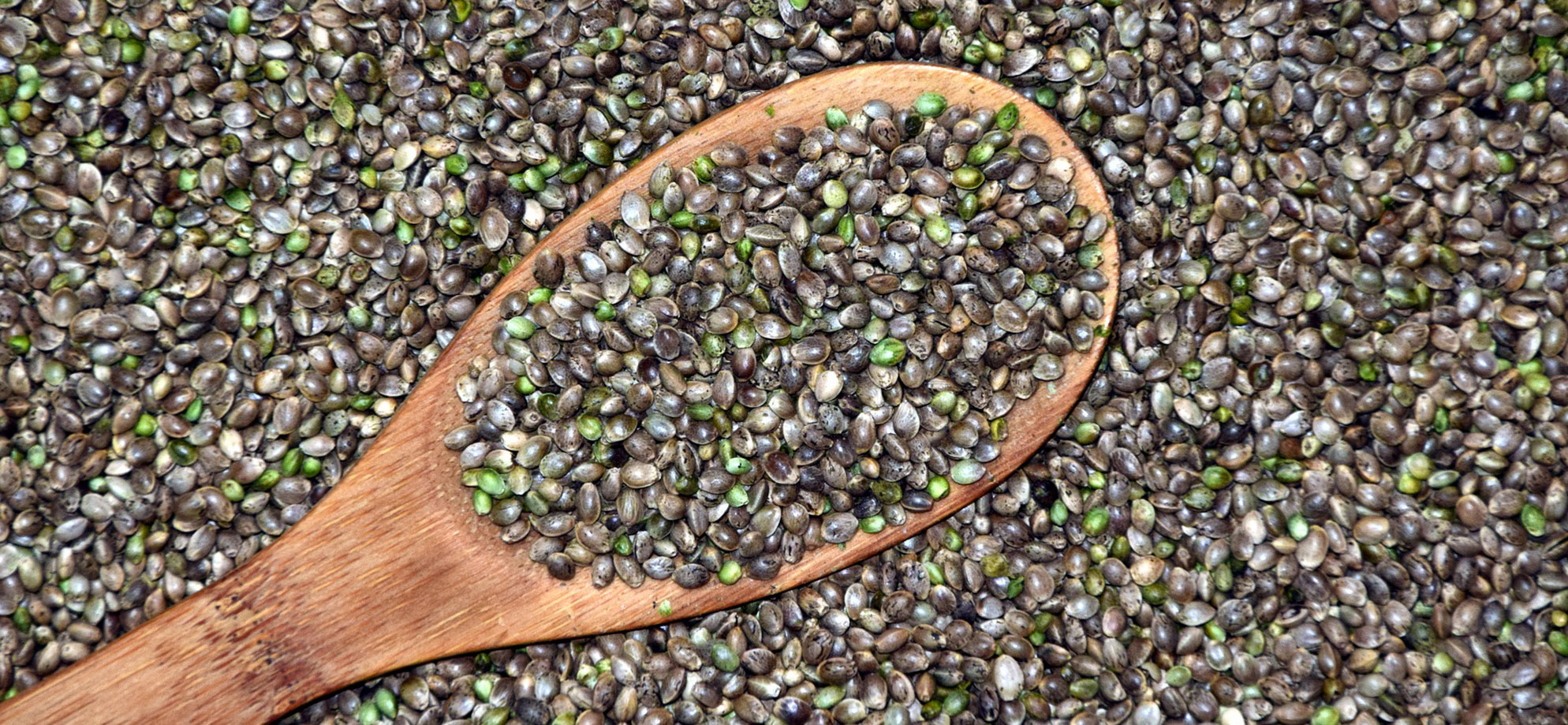The hemp market has been undergoing a radical change in the last few years. As laws and opinions on hemp products have changed, so to have they become more common and more diverse. With so many different options to choose from, it can be more than a little confusing. Maybe you’re in the market for hemp oil, hoping to take advantage of some of the many possible benefits, and you come across hempseed oil instead. Are they the same thing? What can you expect if you accidentally swap one for the other? Hempseed oil and hemp oil are actually very different.
What is Hemp Oil?
Things can get convoluted when discussing hemp oil. Hemp oil is essentially an oil that contains an extract from the hemp plant. This extract is usually intended to have cannabidiol, or CBD, which can to the product being called CBD oil. While similar, hemp oil and CBD oil may differ in where the CBD oil was sourced (potentially from the marijuana plant, which also contains CBD) as well as the cannabinoid profile of the oil. Generally, CBD oil may contain only CBD, while hemp oil may contain any of the cannabinoids, vitamins, and fatty acids of the hemp plant. There’s not much regulation when it comes to naming these products, so both terms get mixed up when it comes to describing their contents.
Hemp oil products can be purchased online or in physical stores in a variety of forms. Since the main attraction of hemp oil is the CBD, people have gotten quite creative with consumption methods over the last few years, as well. There are numerous ways to enjoy CBD, such as through vaping, edibles, topicals, and sublingual tinctures.
Why do people enjoy Hemp Oil?
People take hemp oil for a wide range of reasons. Officially, the FDA has cleared CBD for use in only one medication, Epidiolex, but there is growing evidence to suggest it has a wide variety of beneficial properties. Research is ongoing, but many people see hemp oil as a natural way to address many of their concerns with their wellbeing, and its popularity has been increasing exponentially in the past few years.
So what is Hempseed oil?
Hempseed oil is a completely different animal. Like CBD hemp oil, hempseed oil is derived from the hemp plant, but that is about the only similarity. Hemp oil comes from the entire plant (flowers, leaves, stalk, and seeds). Hempseed oil, as the name implies, comes only from the seeds of the hemp plant and is extracted differently. The end result is that hempseed oil doesn’t have any CBD in it, despite what any labels may say. Hemp seed oil is strictly a food product, meant to be added to one’s diet for nutritional purposes, such as a cooking oil. Hempseed oil contains fatty acids, vitamin E, fiber and protein among other nutrients, and it’s easy to add to many food products.
Are they interchangeable?
Absolutely not. Hemp oil and hempseed oil have entirely separate purposes. Swapping one for the other does not work. For example, if you are looking for hemp products to help with your stress or other issues, hempseed oil will do you no good. And if you’re looking for a way to get your vitamin E, hemp oil probably won’t provide you any meaningful amount.
How can you tell the difference between the two?
Labeling is a bit of a nightmare in the world of hemp products due to the lack of regulation. Many unscrupulous manufacturers will try to advertise their product as hempseed oil without listing the added hemp oil or CBD extract. There are a few things to keep an eye out for when you read labels so you can be sure that what is advertised is what you are getting.
Firstly, keep an eye out for mentions of CBD or THC content, which should never show up on hempseed oil when sold by itself. Hempseed oil may be used as a carrier oil for CBD, which is fine, but the two products should be mentioned separately in the list of ingredients.
Second, with each product you’re thinking to purchase, you should always check for the specific CBD content in milligrams, as well as a QR code or link to the manufacturer’s website with lab reports. If the product doesn’t say exact amounts of CBD, or have a way to verify this, chances are you’re being scammed.
Lastly, buying CBD online is usually a safer alternative to in-store, since you can more easily verify a lab report, but be warned: If you purchase hemp oil or hempseed oil from a non-specific website like Amazon, you are much more likely to run into improperly categorized products that only add to the confusion. Hemp and CBD-specific sites like Sun State Hemp make things easier by grouping hemp oil products into the appropriate category.
It’s our pleasure to help you along your journey through hemp and CBD. For more information, check out our FAQs section or read up on the latest articles here on the Sun State Hemp blog!

